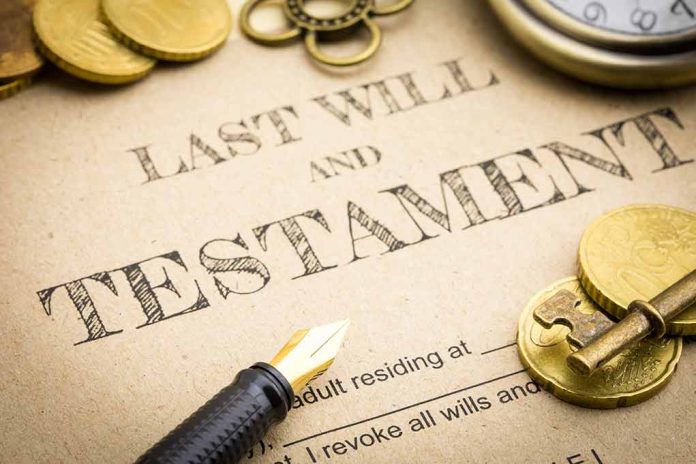
(DailyDig.com) – An inheritance from a loved one, whether it’s anticipated or unexpected, may have a great effect on your financial situation. It might also be displaced due to poor planning and oversight.
So, if you suspect you have unclaimed financial assets from your deceased family member, you must plan how to find it. It would help you to understand why the money is unclaimed and your entitlement when trying to find it.
Financial Assets You Can Claim from Deceased Loved Ones
You can legally claim unclaimed money left by a deceased loved one. The claiming process has to follow your state’s inheritance laws to be considered legal.
Examples of financial assets one can claim include real estate, retirement accounts, bank accounts, certificates of deposit, and vehicles. Others include utility deposits, contents from a safe deposit box, annuities, and insurance accounts.
You can have a rightful claim to a financial asset if the deceased relative named you a beneficiary. For instance, you must present your identification documents and a valid copy of your loved one’s death certificate to claim a life insurance policy.
You can’t claim unclaimed money or assets if your family member named another person as a beneficiary. However, you can challenge the terms of the will in court, where the judge will decide to either honor your inheritance claim or uphold the will.
What Happens to Unclaimed Financial Assets From Deceased Loved Ones?
Financial assets may be unclaimed when the legal owner passes away for various reasons. If the deceased person took out a life insurance policy but didn’t inform their offsprings or list them as beneficiaries, the policy would remain unclaimed.
Another scenario is when the relative has several bank accounts and forgets about them. It might be the case with a senior with Alzheimer’s or dementia. With a conservator to oversee the financial assets, you will know they exist.
Unclaimed financial assets are usually handed over to the government if no one shows up to claim them. The state laws on unclaimed assets and time limits for turning them over to the state vary.
Either way, the state will hold the assets without imposing time limits on when they can be claimed. If you were supposed to inherit the asset, you could still claim it according to state inheritance or estate planning laws.
Finding Unclaimed Assets From Deceased Loved Ones
It would help to inventory the assets you want to find. The inventory may include investment accounts, retirement plans, real estate, and bank accounts.
Once you compile the list of assets, you can turn to various websites or online tools to find them. Examples of the online databases that can help with the search are:
- MissingMoney.com
- TreasuryDirect.gov (for unclaimed Treasury securities)
- Unclaimed.org
- NCUA.gov and FDIC.gov (for unclaimed financial accounts held at failed credit unions or banks)
- ACLI.com (for unclaimed benefits for group life insurance policy)
- UnclaimedRetirementBenefits.com (for unclaimed 401(k) plans and retirement benefits)
- PBGC.gov (for unclaimed pensions)
Property tax databases for homes, land, or vehicles run by local or state governments can also help you find assets that the deceased might have owned. However, they won’t help you determine if you have a valid claim to the inheritance.
After finding them, you’ll need to prove that you are related to the deceased and your entitlement to the inheritance.
Finding unclaimed money from deceased relatives takes a bit of work. And if you don’t claim it, it becomes state property indefinitely. Use these resources to determine whether you have some inheritance from a deceased family member, your entitlement, and ways to access it.
Copyright 2023, DailyDig.com













